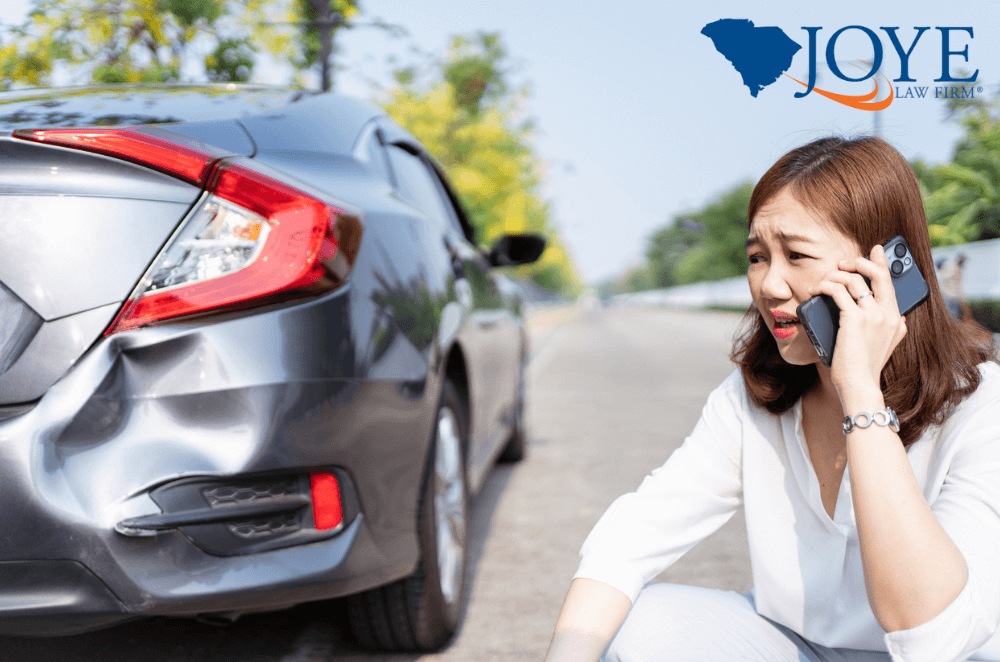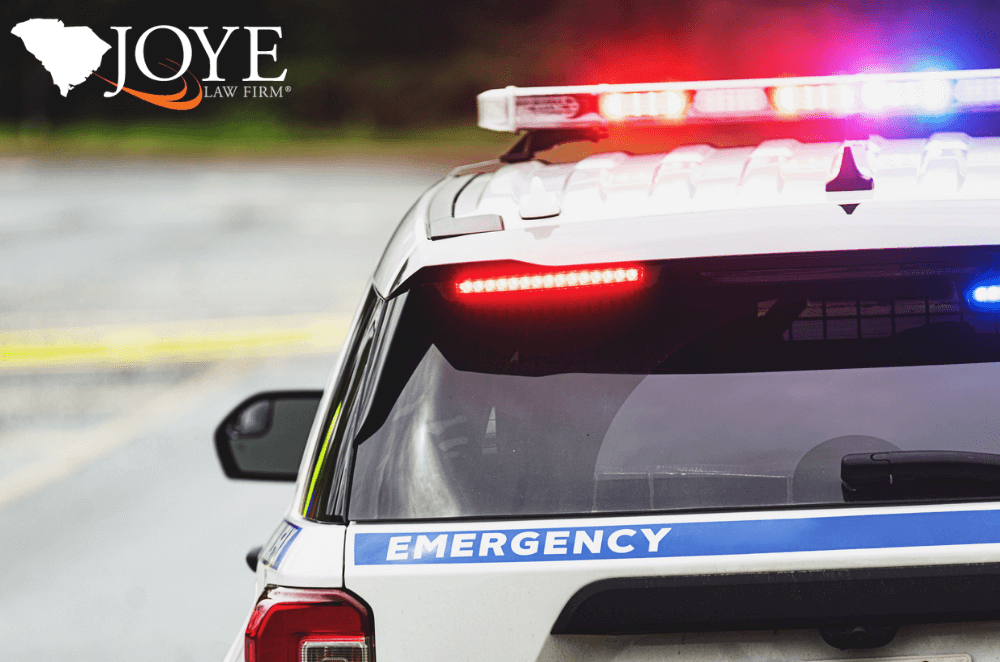
Thanksgiving is an occasion when family and friends traditionally come together over a delicious meal to celebrate. However, the holiday gathering can also be the occasion of a burn injury in a kitchen fire or food poisoning if the cook is not attentive. Without realizing it, a cook can create dangerous circumstances that put you, your family and your guests in harm’s way.
Data from 2009 to 2011 show that an average of 1,300 cooking fires occurred on Thanksgiving. To put this in perspective, the average daily rate of fires during that same time period was 400 per day.
Unattended cooking is the number 1 cause for fires.
To prevent a fire from happening in your kitchen, make sure to stay in the kitchen, and pay attention whether you are frying, grilling to broiling.
It’s also a good idea to avoid loose-fitting clothes with long sleeves when working near ranges or ovens.
Remember to keep children away from hot stovetops. To ensure your kids are safe, you should make sure to turn pan handles towards the back of the stove so that there is no chance that they can spill a pan and burn themselves.
If you do have a fire, be sure to cover a pan with a lid to stifle the flames. Never pour water or flour on an open flame, which can make the fire spread. Keep a fire extinguisher in your kitchen.
While turkeys are the most popular feature of any Thanksgiving meal, one particular method of cooking them can cause serious fires. Since 2003, 125 turkey fryer-related fires, explosions, smoke inhalations, burns or laceration incidents have been reported to the CPSC.
Turkey fryers should only be used outside, away from your home, the U.S. Fire Administration (USFA) recommends. Do not operate a turkey fryer on a porch or inside a garage. Like ovens, you should also make sure the fryer is never left unattended.
Avoiding Food Contamination
Food poisoning is another serious concern on a holiday focused on food.
The turkey should be placed in the refrigerator to thaw 1 to 2 days before Thanksgiving Day, the United States Department of Agriculture (USDA) recommends. Put the turkey on a tray to catch any juices that could drip out. This helps prevent contamination of other foods with bacteria from the meat.
You should allow 24 hours of thawing time in the refrigerator for every 4 to 5 pounds of turkey. If you don’t have that much time to wait, you can submerge the turkey, which should remain in its original wrapper, in a container of cold water. The USDA states that water should be changed every 30 minutes.
However, do not wash the turkey. The act of washing raw meat or poultry can actually spread bacteria around your sink and kitchen.
Cross-contamination is another issue that you need to be careful to prevent. You can protect yourself and your dinner companions by keeping all foods that will be cooked, including raw meat, seafood and eggs away from any food that won’t be cooked, such as lettuce and fruit.
Any plates that have held raw meat or eggs should never have cooked meats on them. Be sure to clean your plates thoroughly before placing certain items on them that could cause serious contamination.
Safe Stuffing Methods
How you stuff a turkey can make all the difference. It’s safest to cook the stuffing separately in a casserole dish to ensure it’s thoroughly cooked. If you choose to cook the stuffing inside the bird, stuff the turkey right before placing it in the oven. Make sure the stuffing reaches at least 165 degrees Fahrenheit as it cooks. It’s important to use a food thermometer to make sure foods are adequately cooked. Bacteria can survive in stuffing if it’s doesn’t get hot enough and cause a foodborne illness.
Handling a raw bird can cause your hands and everything you touch to become contaminated. Afterwards, wash your hands thoroughly, and make sure all dishes and other utensils are cleaned as completely as possible. As a rule, be sure to rinse your hands with warm water and soap for at least 20 seconds before and after handling any food.
The Thanksgiving meal is a special time for family and friends. No one wants to spend the holiday in the hospital emergency room. However, if you or a loved one has been seriously injured due to a fire or food poisoning in South Carolina, it’s a good idea to speak with a personal injury attorney about the accident.

































